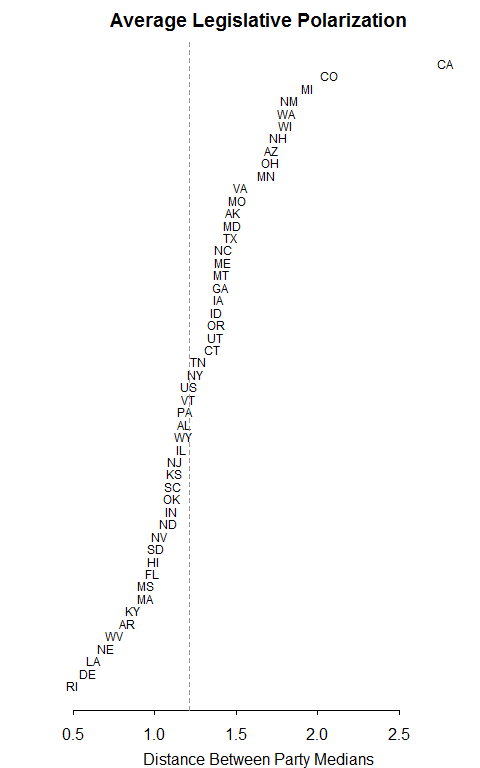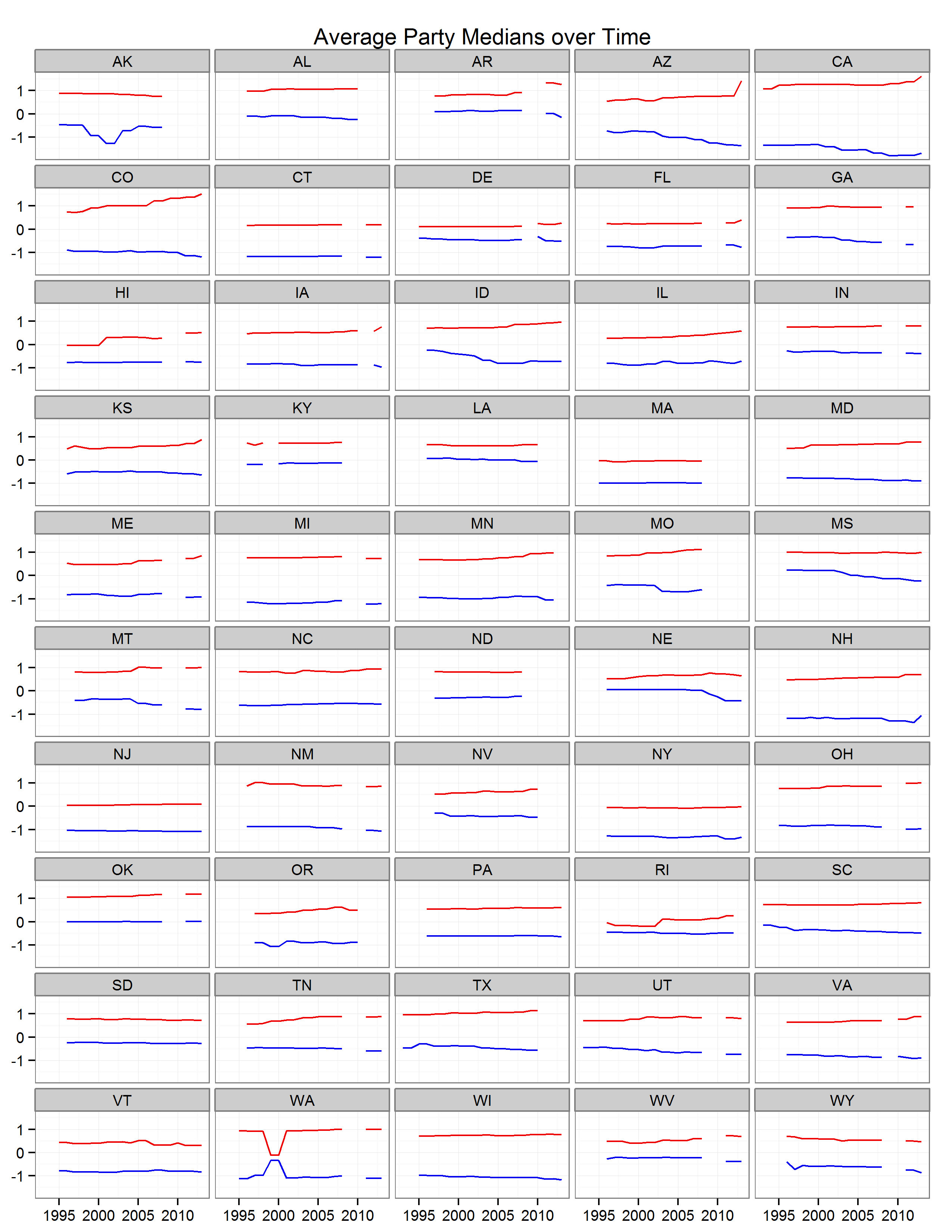Del. Jeff Waldstreicher (D-18) has acted fast to lock down the open senate seat being vacated by Sen. Rich Madaleno (D-18), who is running for governor. Jeff is the favorite to win the Democratic nomination, and thus this very safe blue district, but openings nevertheless remain for the right candidate.
Advantages
Jeff has a solid advantage in name recognition. He has won three terms to the House. More voters begin to recognize state legislators, who often remain obscure to their constituents, after three campaigns and ballot appearances.
No one I know is more tenacious or focused when it comes to campaigns. Jeff won his first election in 2006 against a very tough field with just one open seat. Besides successful fundraising, Jeff won the endorsement of MCEA, in part by arguing convincingly that he was going to win and they should back him.
Jeff is also fortunate in having an extremely supportive family. In past races, they have had his back not only financially but also doing whatever they can to help out from cheering him on at debates to volunteering on the campaign.
Jeff possesses enviable fundraising skills. I have never met anyone more relentless in pursuing a campaign donation and the results show in his impressive bank account balance of $165,491 according to his last campaign finance report. This sort of war chest not only aids victory but deters potential opponents.
Jeff has already secured and vocally touted the valuable endorsement of Rep. Jamie Raskin (D-8), a local progressive icon. No doubt he is also pursuing the endorsement of Sen. Chris Van Hollen, which he has received in the past for the House.
Interest groups are likely to back Jeff, if only because he is an incumbent with a record they can assess. They also tend to want to back the winner to avoid alienating a future senator and will naturally perceive him as the heavy favorite. Jeff will not be afraid to pressure any groups that may hesitate.
Potential Openings for Challengers
For all of these advantages, Jeff has vulnerabilities that could tempt a well-funded candidate.
Jeff does not have an especially strong political base in the district. While he has easily gained reelection as part of the D18 team, I have yet to identify groups within the district who passionately support him and see him as their champion.
The perception that Jeff is unwilling to take firm stands on controversial issues hinders his ability to win avid supporters. Politicians naturally desire to avoid offending voters, but taking stands in tough fights is precisely how many politicians gain supporters who stand by them through thick and thin.
The same problem plagues Jeff’s relationships within the General Assembly. Even in a business known for back-stabbing, inhabitants of Annapolis-land are astonishingly willing to volunteer privately their lack of trust, and even dislike. They see Jeff as very transactional and attentive to his own ambitions but not especially hardworking or responsive to his colleague’s needs.
These weaknesses, however, give opponents less of an opening than may appear. Challenging a legislator on the basis of his effectiveness, rather than issues, is a proven way to lose a campaign. Moreover, regardless of their opinion, viewing him as the probable winner, his colleagues will likely line up to offer support and give a friendly quote for the press.
Like all politicians, Jeff is good at touting his support for popular positions and claiming credit on having voted for broadly supported bills passed by the General Assembly from marriage equality to additional funding for school construction. Occasionally, however, he takes it a bit far. Jeff routinely boasts that he is “fiscally responsible” because he “voted for a balanced budget.” Jeff never had the opportunity to do otherwise because the Maryland Constitution mandates balanced budgets. While this sort of false piety grates, opponents will only be able to use to their advantage if they can find a way to use it to feed into a larger portrait of Jeff as yet another inauthentic long-term politician.
Moreover, as a three-term legislator, Jeff has a couple of substantive achievements under his belt. His website mentions that he was the lead sponsor on legislation making possession of child porn a felony, and a ban on texting while driving. Both are easily understood, popular positions, and thus highly amenable to quick, effective campaign communication.
I asked Jeff last week via email how he got interested in these issues and to detail the leadership he showed in passing these bills, or on other issues not mentioned on the website, but did not receive any written answers for quotation.
Though I don’t think campaign websites matter a heck of a lot, his current website could nevertheless punch up his message, as it now highlights banal boilerplate that is about as convincing as ersatz coffee such as “As a father, husband, and life-long resident of Montgomery County, I am committed to the safety of our neighborhoods. I will continue to be a strong advocate for our families.” – Jeff on Safety.
Potential Opponents
Dana Beyer is the obvious candidate. She is seriously considering entering the race and rumor has it that she is trying to put together a slate.
A former eye surgeon and aide to one term Councilmember Duchy Trachtenberg, Dana has been hungry to win a seat in the General Assembly, seeking appointment twice and running three times. In 2014, Dana challenged Sen. Rich Madaleno and lost with 41.7% of the vote after spending in excess of $350,000 on her campaign.
Dana is one candidate who could easily bring to bear more money than Jeff. Like Jeff, she’s also smart, hardworking and extremely determined. While she has not won election, she has been on the ballot a number of times and built name recognition. She has gained valuable experience in running past campaigns.
On the other hand, though Dana has tried to build ties with left-wing progressives, she does not have a personal base of supporters in the district and has difficulty in recruiting or working with allies. She would also have a lot of fences to mend with Madaleno supporters. A decisive and opinionated person, she needs to articulate an authentic voice while at the same time remembering that voters want to be heard and not lectured—a skill that Jeff already possesses . In short, she’d have to figure out how to grow her support.
Of course, a candidate who is not currently on my radar could still emerge. The best bet for someone else to challenge Jeff is a candidate with very deep pockets who wants to run as a fresh, authentic face and argue that we need new ideas and new leadership in Annapolis. Even if it would likely remain an uphill battle to defeat Jeff, I could imagine such a candidate gaining traction and making him sweat to win the seat.
The bottom line is Jeff is well positioned to become District 18’s next senator. That doesn’t mean he won’t have to fight for it. However, if his luck continues, it may even occur with ease, as when Rich Madaleno won in 2006 without opposition.



